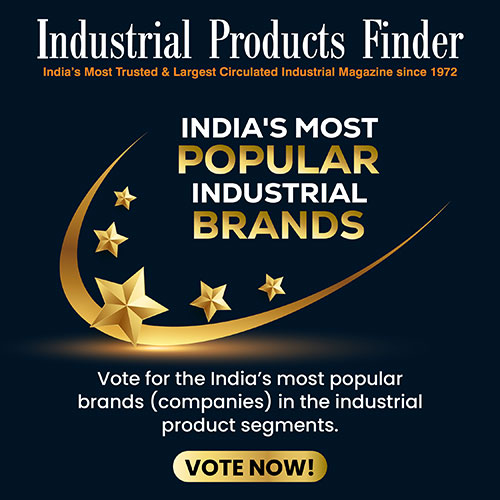Schedule a Call Back
Stringent regulations drive food testing equipment market
 Articles
Articles- Dec 09,19

Related Stories
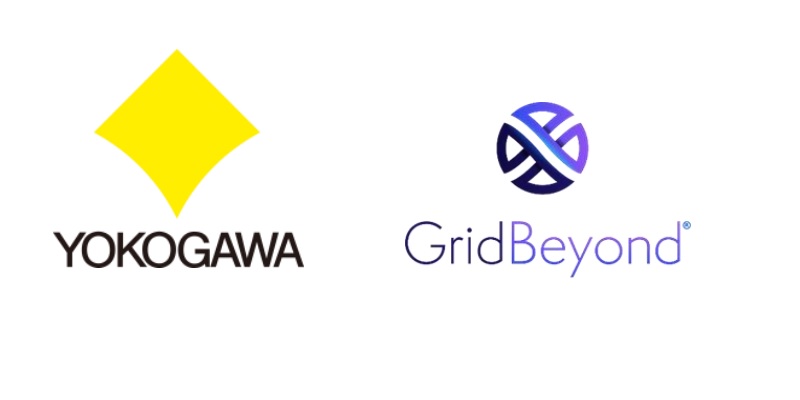
Yokogawa and GridBeyond ink partnership agreement
They will collaborate for the one-stop provision of electricity trading and manufacturing energy consulting.
Read more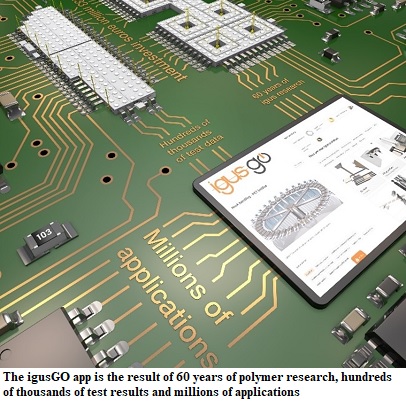
Igus to invest in 247 new motion plastics products in 2024
The German firm, which recorded Euro 1.136 billion turnover in 2023, increased its customer base by 6.7 per cent.
Read more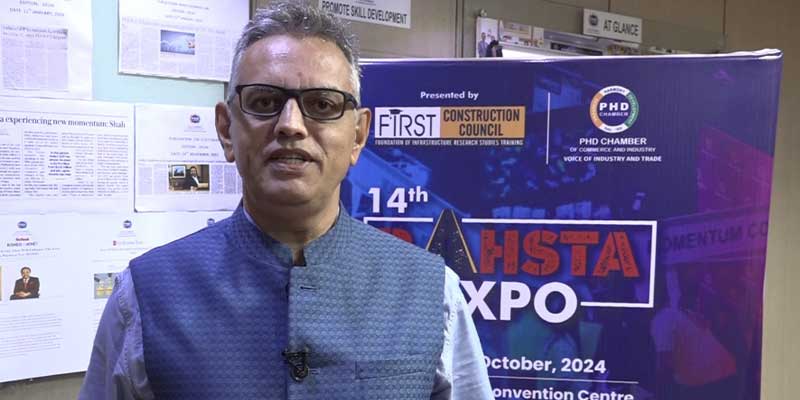
Trimble MD champions digital solutions for industry growth at RAHSTA
14th RAHSTA (Roads and Highways Sustainable Technologies & Advancement) Expo - India’s biggest road exhibition - will be held as a part 10th India Construction Festival 2024 at Jio Convention Cent..
Read moreRelated Products
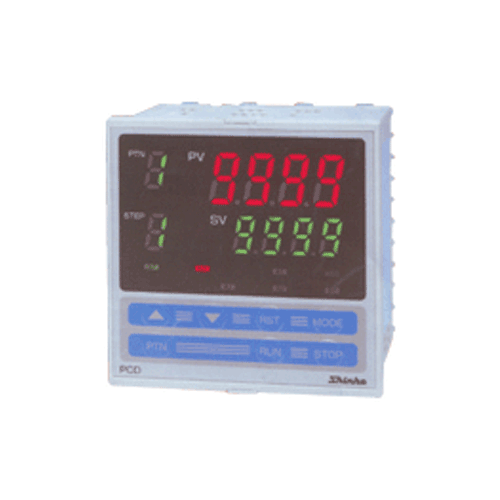
Programmable Controllers - Pcd-33a Series
Pro-Med Instruments (P) Ltd offers a wide range of programmable controllers - PCD-33A Series.

Gasket Graphite Powder
Arihant Packing & Gasket Company offers a wide range of gasket graphite powder.
Asahi Kasei expands 3D printing filament sales in North America
Asahi Kasei, a leading resin and compounding technology provider, has initiated the sales of 3D printing (3DP) filaments in North America through Asahi Kasei Plastics North America (APNA). The soft la Read more











